BARBADOS | British MP Richard Drax to make millions from Barbados, "Unrighteousness of Mammon"
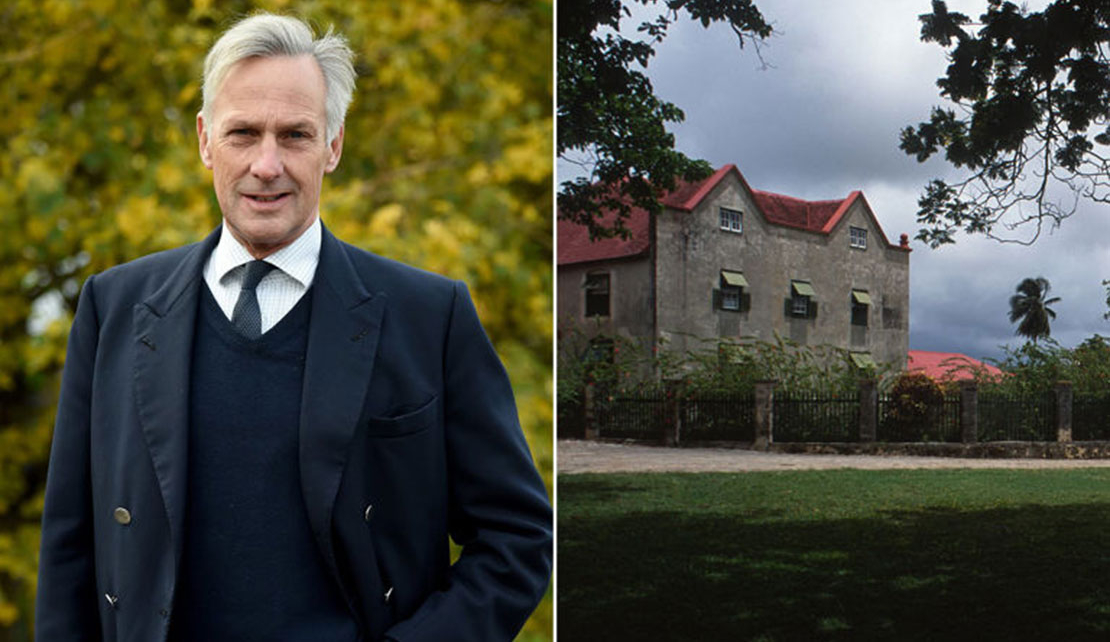
Bridgetown, Barbados, April 22, 2024 - The lands of the Drax Hall Plantation, steeped in the tumultuous history of Barbados, are set to embark on a new chapter aimed at healing and progress.
This initiative, led by Prime Minister Mia Mottley, showcases a remarkable blend of vision and social responsibility, highlighting the government's commitment to its people and their heritage
It's a commitment to healing the historical wounds of numerous black working-class Barbadians – some of them being descendants of enslaved Africans who were oppressed and exploited on the Drax Hall plantation of Barbados - who are desperately in need of proper housing.
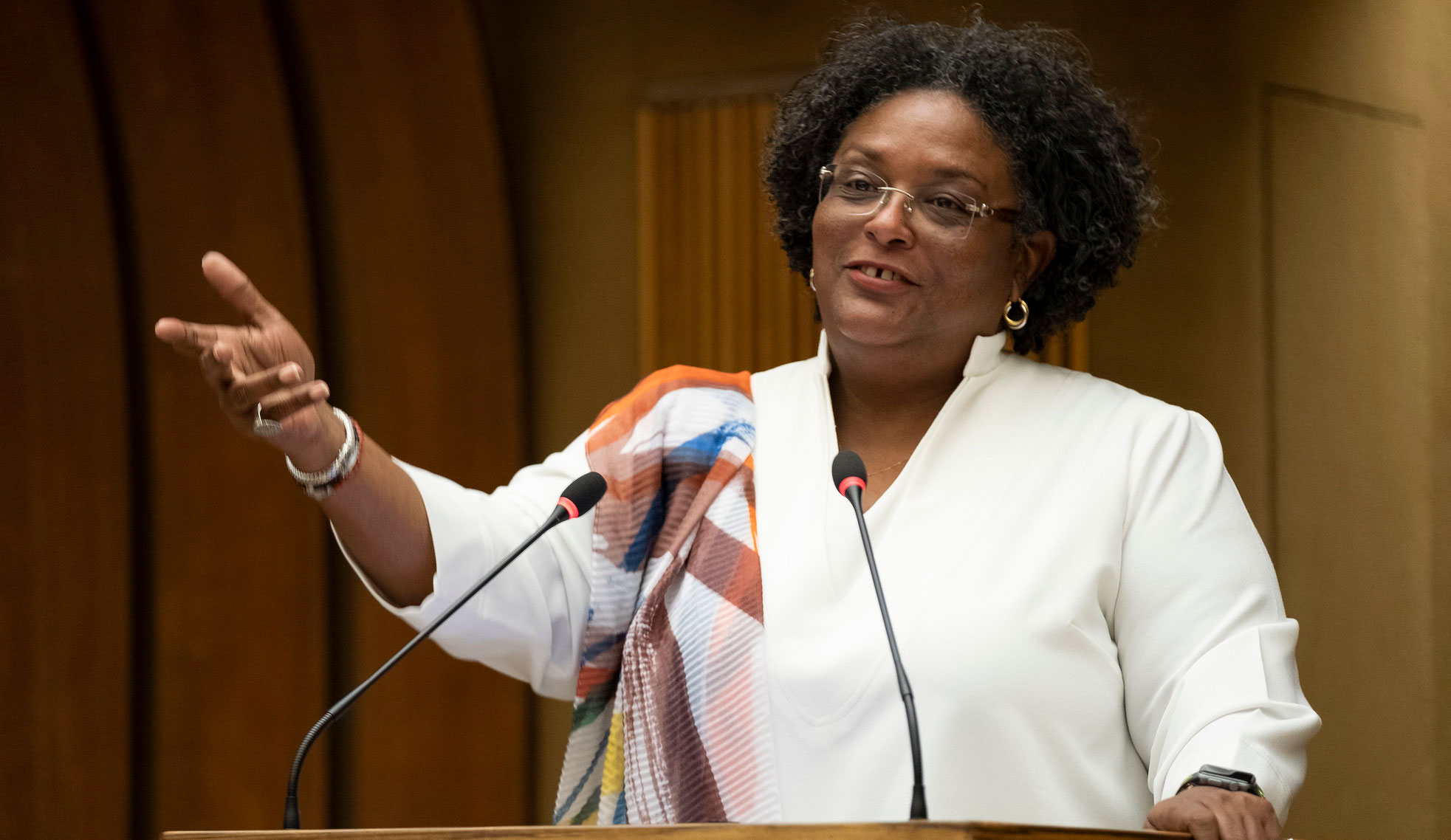
Yet, amidst these echoes of the past, there lies a beacon of hope for the future. The government's decision to "compulsorily acquire" 52 acres of this land to construct affordable housing for working-class residents marks a pivotal moment in Barbados's journey towards reconciliation and community empowerment.
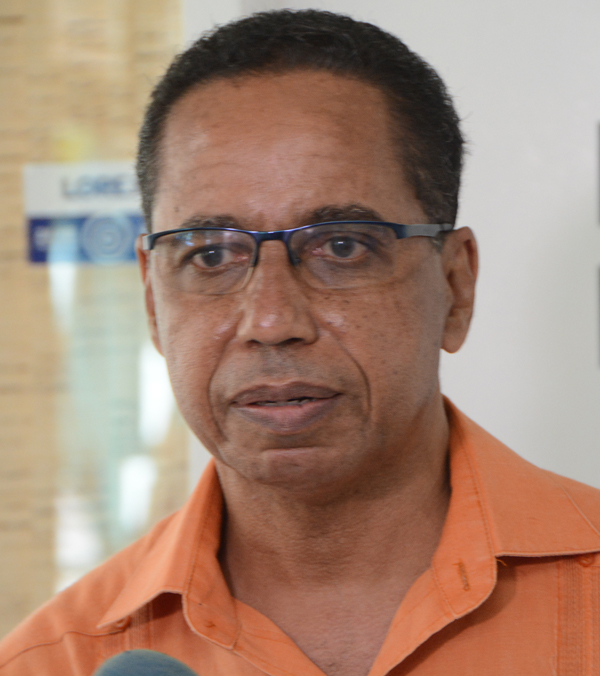
However, the process is not without its dilemmas. The law mandates fair compensation to the landowner, Sir Richard Drax, a British MP and the wealthiest member of the House of Commons, who stands to receive approximately £3 million.
This aspect of the acquisition has sparked debate on the principles of justice and reparations, highlighting the deep-seated wounds that linger within the Barbadian collective memory.
As Barbados stands on the cusp of transformative change, the spirit of the nation is palpable. The government's bold move transcends mere policy; it is a testament to the unwavering determination of a people to reclaim their history and forge a future where the scars of the past pave the way for unity and prosperity.
The Drax Hall acquisition, while fraught with financial and moral complexities, is imbued with the potential to serve as a beacon of hope and a step towards healing the divisions that have long defined this vibrant community.
In the midst of this ambitious endeavor, the voices of reparations activists and the broader Barbadian community resonate with a call for justice and rectitude.
The demands for Sir Richard Drax to acknowledge the historical injustices and to offer the Drax Hall Plantation to the Barbadian government as a gesture of reparations, have added layers of moral complexity to the narrative.
While Sir Richard maintains that the burdens of history should not fall upon his shoulders, positing that he “can’t be held responsible for something that happened 300 or 400 years ago” the counter-argument posits a moral obligation to address the enduring impacts of those injustices.
This dialogue between past and present, between responsibility and restitution, underscores a broader conversation about the legacy of colonialism and slavery that Barbados and many other nations continue to navigate.
The fundamental injustice of this situation is made all the more glaring and hurtful by the fact that Drax Hall plantation is not simply one of the hundreds of slave plantations that scarred the landscape of Barbados during the Slavery era, but is “the” quintessential Barbadian slave plantation – the plantation (and plantation family) that is at the very heart of the story of slavery in Barbados.
You see, Sir James Drax, the direct ancestor of Sir Richard Drax, migrated to Barbados in 1627 as a member of the very first English settlement party that took colonial control of Barbados, and was one of the first Englishmen to establish a plantation in Barbados.
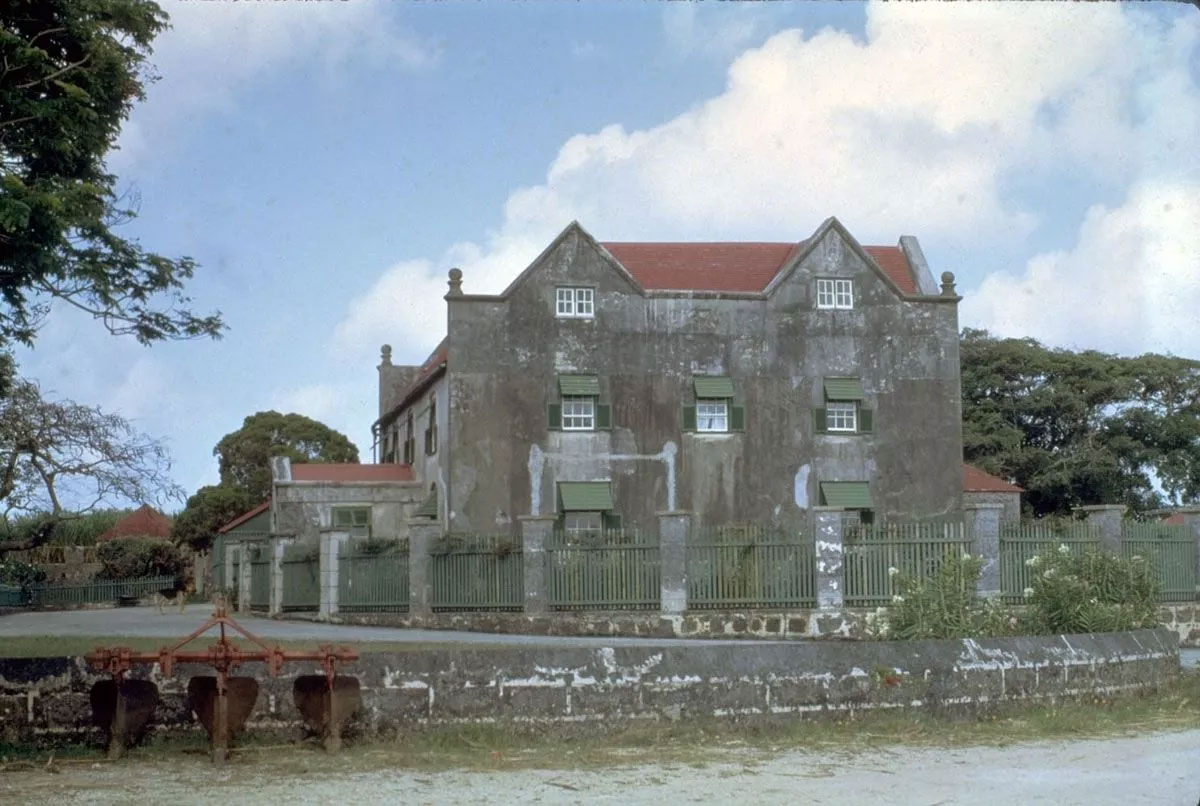
James Drax’s son – Henry Drax – also entered the annals of Barbados’ ignoble slavery history as being the slave-master who worked out and wrote down the classic formula for establishing and maintaining a plantation-based slave work force. Indeed, Harry Drax’s infamous “Instructions” (composed in the 1680s) were handed down from slave-master generation to generation in Barbados as the veritable “bible” of slavery!
And then, of course, there is the wealth that James and Henry Drax – and indeed the rest of the Drax family – wrung out of the emaciated bodies of their enslaved Barbadian work-force and siphoned off to the U.K.
By the late 1640s, James Drax was boasting that from the profits of his Barbados plantation he had purchased an estate in England worth £10,000 a year. And a few years later he was constructing his famous and opulent Drax Hall “great house” in Barbados – currently the oldest surviving Jacobean mansion in the entire hemisphere of the Americas.
Having become fabulously wealthy from the proceeds of his Drax Hall slave plantation and from other investments in the slave trade, James Drax emigrated back home to England in 1654, leaving Drax Hall to be run by his attorneys and eventually by his son and other descendants up to today – an uninterrupted period of close to 400 years!
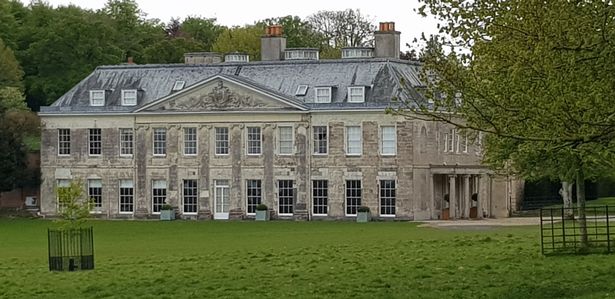
It is also noteworthy that in 1719 the then “pater familias” of the Drax family – one Henry Drax – was able to use the Drax fortune and influence to become Member of Parliament for Lyme Regis and Wareham, thereby beginning a tradition of Drax membership of the House of Commons.
Yet another Drax family milestone was achieved in 1755 when the then “pater familias” – Thomas Drax – inherited three fortunes on the death of his father : namely Drax, Ernle and Erle, part of which included the massive Charborough estate in Dorset.
And then, of course, there was the slavery compensation money that the Drax family received in the 1830s for their enslaved workers on the Drax plantations in Barbados – the sum of £4,293, the equivalent of £483,000 in present day monetary values.
Today, Sir Richard Drax, Member of Parliament for South Dorset, is reputed to be the richest member of the British House of Common. Drax lives in his family’s ancestral seat, Charborough House, a Grade 1 listed manor house in rural Dorset.
He owns some 125 Dorset properties personally or through family trusts, and holds the lordship of the manor of Longburton, thereby making him the largest individual landowner in Dorset!
Needless to say, at the very foundation of this entire fabulous family fortune is the Drax Hall slave plantation of Barbados and the horrendous systematic enslavement, victimization and plundering of numerous generations of black Barbadians in what eminent Caribbean historian, Sir Hilary Beckles, has termed the “killing fields of Drax Hall. ”
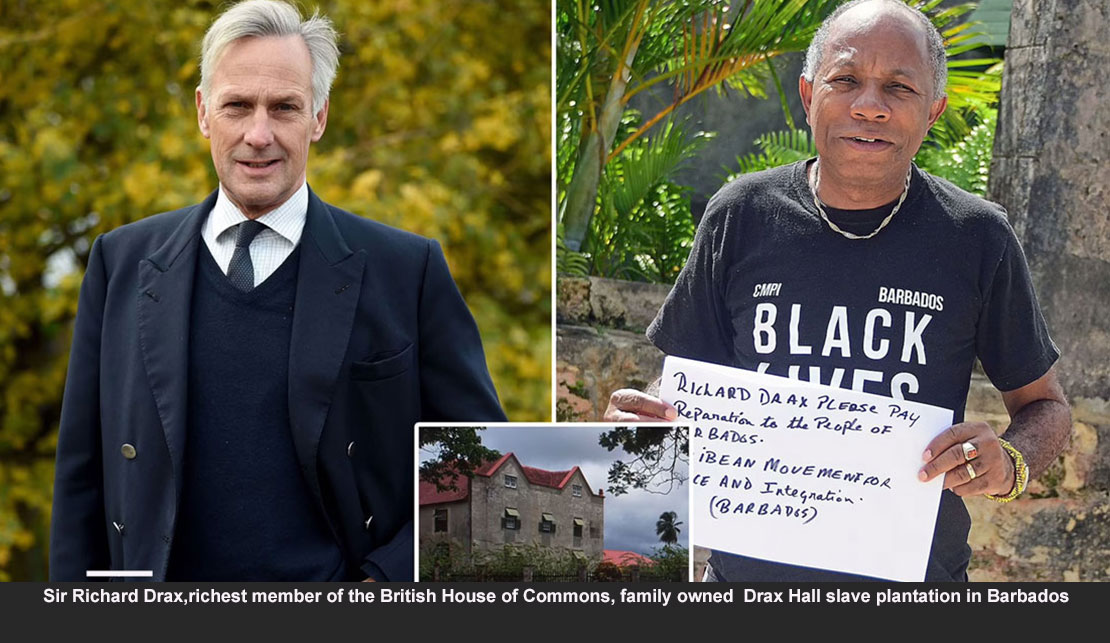 And now, the said Sir Richard Drax not only says that he does not owe anything to the descendants of the people that his ancestors enslaved and exploited in order to build up the Drax family fortune, but he is also willing to sit back and receive payment from the predominantly black Government and people of Barbados for a portion of the said “killing field”!
And now, the said Sir Richard Drax not only says that he does not owe anything to the descendants of the people that his ancestors enslaved and exploited in order to build up the Drax family fortune, but he is also willing to sit back and receive payment from the predominantly black Government and people of Barbados for a portion of the said “killing field”!
Somebody, somewhere, needs to reach this supposed representative of the people of Britain and of the honour of the British nation and get him to appreciate the profound “unrighteousness” of the position he has adopted.
As this story unfolds, the eyes of the world turn to Barbados, a small island nation daring to confront its past to build a more inclusive future. The journey ahead is fraught with challenges, but it is also filled with hope. The transformation of Drax Hall Plantation into a place of home and heart for the descendants of those who once suffered upon its soil is a testament to Barbados's undying spirit and its relentless pursuit of justice and dignity for all its citizens.
In the end, the Drax Hall saga is not just a Barbadian story; it is a global reminder of the enduring impacts of history and the power of a people united in their quest for justice, healing, and progress. As Barbados charts this courageous path, it offers a beacon of light for other nations grappling with similar legacies, proving that even the deepest wounds can pave the way for healing and unity.
